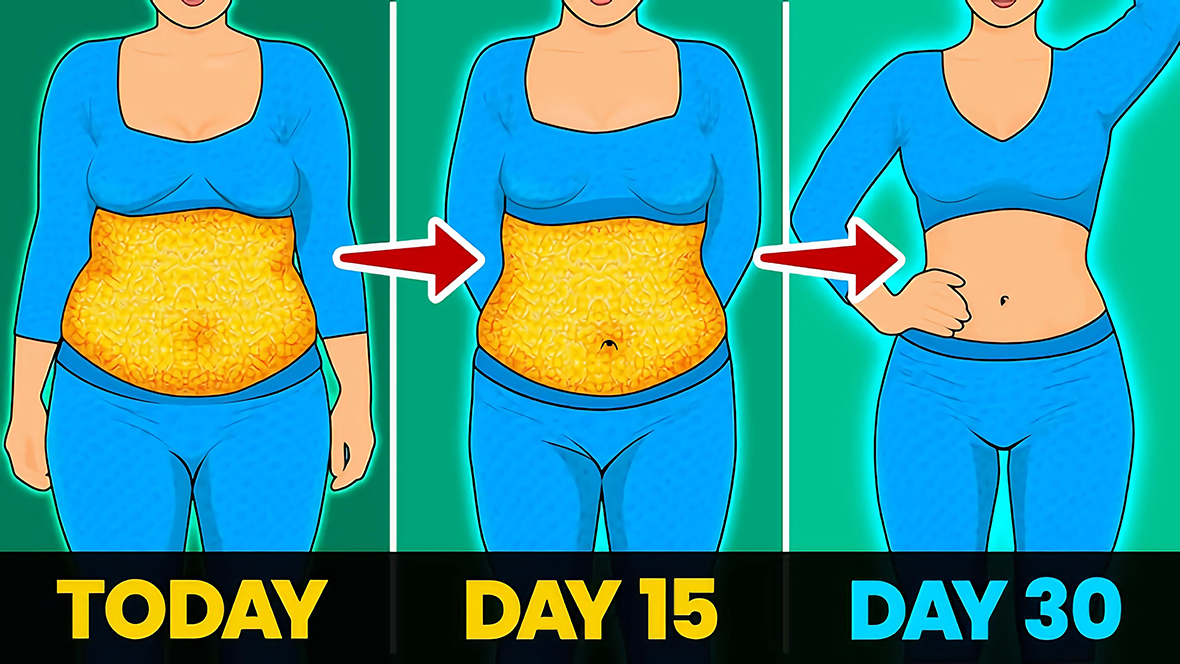In the ever-evolving world of weight loss treatments, weight loss injections have emerged as a popular option for individuals seeking more targeted and effective results. These injections are designed to help individuals lose fat in specific areas of the body by boosting metabolism, controlling appetite, and breaking down fat cells. The convenience and promise of quick results have made weight loss injections a sought-after solution for those struggling with obesity and weight management. In this article, we will explore how weight loss injections work, the science behind their effectiveness, and why they are becoming an essential tool in the fight against stubborn fat.
How Weight Loss Injections Work

Weight loss injections primarily aim to target fat loss by influencing the body's metabolic processes. They work by utilizing active ingredients that can either promote fat burning, reduce fat storage, or suppress appetite. There are several types of weight loss injections available, each with its unique mechanism of action.
Fat-Burning Injections
These injections typically include compounds like L-carnitine, which helps the body convert fat into energy. L-carnitine is a naturally occurring substance in the body that plays a vital role in the transportation of fatty acids into the mitochondria, the powerhouse of cells, where they are burned for energy. This type of injection encourages the body to use stored fat for fuel, thereby reducing overall fat deposits.
Appetite-Suppressing Injections
Certain weight loss injections, like those containing glucagon-like peptide-1 (GLP-1) receptor agonists, are designed to curb the feeling of hunger. These peptides influence the brain's appetite centers, reducing cravings and the desire to overeat. By controlling hunger levels, these injections help individuals stick to their weight loss goals without feeling deprived or constantly thinking about food.
Fat-Blocking Injections
Some injections block the absorption of fat in the digestive system, ensuring that less fat is stored in the body. These types of injections typically contain compounds that interfere with the enzymes responsible for breaking down fats, thus reducing fat storage after meals.
The Science Behind Weight Loss Injections
The effectiveness of weight loss injections is deeply rooted in their ability to manipulate key hormones and metabolic pathways that regulate fat storage and energy balance.
Metabolism Boost
One of the main factors contributing to the effectiveness of weight loss injections is their ability to increase metabolic rate. By stimulating the thyroid or activating specific enzymes in the liver, these injections increase the body's ability to burn calories even when at rest. This heightened metabolism helps to accelerate fat loss, particularly in stubborn areas.
Hormonal Regulation
Hormones play a significant role in fat storage and weight loss. Many weight loss injections are designed to influence hormones like insulin, cortisol, and leptin, which are key players in fat accumulation and appetite control. For example, by regulating insulin sensitivity, weight loss injections can help prevent the storage of excess fat after meals. Additionally, hormones like leptin, which signal to the brain that the body has enough energy, can be affected by these injections to promote feelings of fullness and prevent overeating.
Targeted Fat Loss
Another critical aspect of weight loss injections is their ability to target fat in specific areas of the body. Certain injections focus on stubborn fat deposits, especially in areas like the abdomen, thighs, and hips, where fat tends to be more resistant to traditional weight loss methods. By increasing fat metabolism in these areas, weight loss injections provide a more sculpted and toned appearance.
Benefits of Weight Loss Injections

Fast Results
One of the most appealing aspects of weight loss injections is their ability to provide relatively quick results. Unlike traditional diet and exercise programs, which may take weeks or months to yield noticeable changes, weight loss injections can show visible results in a much shorter time. This is especially helpful for individuals who need to lose a significant amount of weight or who are looking to jumpstart their weight loss journey.
Targeted Fat Reduction
While general weight loss strategies tend to reduce fat all over the body, weight loss injections are designed to focus on specific problem areas. For those struggling with localized fat deposits, such as love handles, muffin tops, or underarm fat, these injections can offer a more focused approach to fat loss.
Convenience
Weight loss injections are relatively easy to administer. Many of them are self-administered at home, making them a convenient option for individuals with busy lifestyles who may not have the time for frequent visits to a clinic or gym. The ease of use and the ability to continue with everyday activities without major disruptions make these injections an attractive option for many.
Minimal Side Effects
When used as prescribed by a medical professional, weight loss injections tend to have minimal side effects. Most people can use them without experiencing significant adverse reactions. However, like any treatment, it is essential to follow instructions and consult with a healthcare provider before beginning an injection regimen to ensure its safety.
Supports Long-Term Weight Loss
While weight loss injections can help you achieve quick results, they are often used in conjunction with a balanced diet and exercise routine. The injections help to kickstart the weight loss process, and by maintaining a healthy lifestyle, individuals can continue to shed pounds in the long term. This combination of targeted fat loss and healthy habits helps to maintain results over time.
Types of Weight Loss Injections
Several types of weight loss injections are available, each targeting different mechanisms of fat loss. Let's explore some of the most popular options:
Lipotropic Injections
Lipotropic injections contain a combination of amino acids, vitamins, and minerals that work together to promote fat breakdown and increase metabolism. The most common ingredients in these injections are methionine, inositol, choline, and vitamin B12. These nutrients help the liver process and remove fat, while B12 boosts energy levels and reduces fatigue.
Human Chorionic Gonadotropin (HCG) Injections
HCG injections are often used in combination with a low-calorie diet to promote weight loss. The hormone HCG, naturally produced during pregnancy, is believed to help the body break down fat while preserving muscle mass. While HCG has shown some effectiveness in weight loss, its use should be monitored carefully, as it can have side effects when not used correctly.
GLP-1 Injections
As mentioned earlier, GLP-1 (glucagon-like peptide-1) injections are designed to reduce appetite and regulate blood sugar. By mimicking the effects of a natural hormone, GLP-1 injections help to control hunger and improve insulin sensitivity. These injections have been shown to be highly effective in promoting weight loss for individuals with obesity or diabetes.
Liposuction Injections
Liposuction injections, or mesotherapy, involve injecting a fat-dissolving solution directly into problem areas. This technique is used to target small fat deposits that may not respond well to diet and exercise. While liposuction injections are effective for body contouring, they are typically used for cosmetic purposes rather than significant weight loss.
Choosing the Right Weight Loss Injection
With various types of weight loss injections available, it is important to choose the one that best suits your individual needs and goals. Consulting with a healthcare provider is essential to determine the most appropriate option for your specific body type, medical history, and weight loss goals. A professional can help tailor a treatment plan that will yield the best results while minimizing the risk of side effects.
Conclusion
Weight loss injections have proven to be an effective and targeted method for fat reduction, helping individuals achieve their desired body shape. By enhancing the body's natural fat-burning processes, regulating hunger, and promoting metabolism, these injections can provide a boost to those struggling with stubborn fat. While they are not a substitute for healthy eating and exercise, they offer an additional tool for weight loss that can help individuals achieve faster and more precise results. As always, it is important to work with a healthcare professional to ensure the safe and effective use of weight loss injections, paving the way for a healthier and more confident you.


FAQs
Q1: What are weight loss injections?
Weight loss injections are medical treatments that deliver active ingredients directly into the body to promote fat loss, reduce appetite, and boost metabolism. They are designed to target specific fat areas and help individuals lose weight more effectively.
Q2: Are weight loss injections safe?
When used correctly and under the supervision of a healthcare professional, weight loss injections are generally safe. It is essential to follow the prescribed guidelines and consult a doctor before starting any injection regimen.
Q3: How long do weight loss injections take to work?
The time it takes to see results from weight loss injections varies depending on the type of injection and the individual's response to treatment. Some people may notice results within a few weeks, while others may take longer to see significant changes.
Q4: Can weight loss injections help with stubborn fat?
Yes, weight loss injections are particularly effective in targeting stubborn fat areas, such as the abdomen, thighs, and hips, which may not respond well to traditional weight loss methods.
Q5: Are weight loss injections a permanent solution?
Weight loss injections can provide lasting results when combined with a healthy lifestyle, including a balanced diet and regular exercise. However, without these lifestyle changes, the results may not be permanent.























